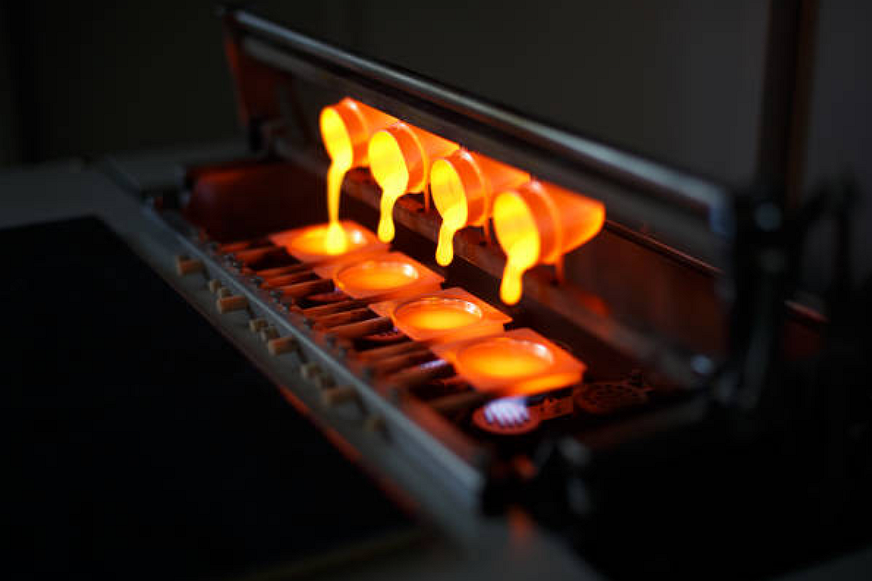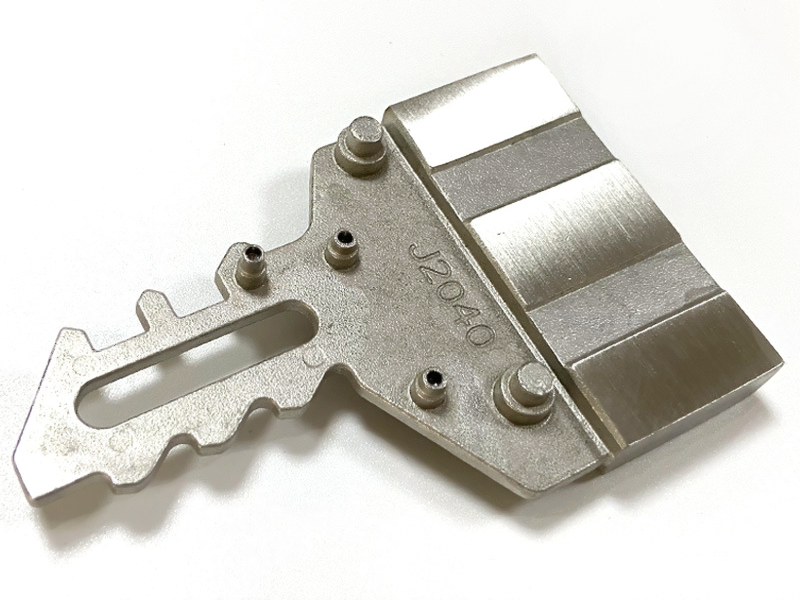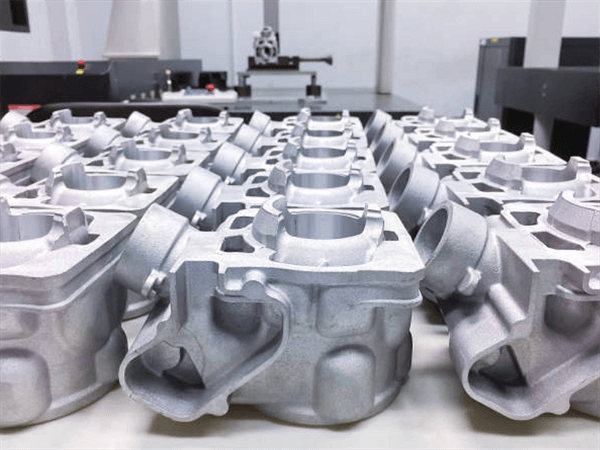Which industries benefit most from gravity casting?
Overview of Gravity Casting’s Industrial Relevance
Gravity casting is a foundational manufacturing process across multiple industries requiring cost-efficient, high-integrity metal components. It bridges the gap between sand casting for prototypes and die casting for large-scale runs, providing excellent surface quality, reliable strength, and material versatility. Its ability to accommodate complex geometries while maintaining mechanical precision makes it an optimal solution for both structural and aesthetic applications.
Automotive Industry: Structural and Functional Components
In the automotive sector, gravity casting is widely adopted for producing lightweight yet durable components such as housings, suspension arms, and intake manifolds. Using alloys like A356 aluminum and magnesium alloy, manufacturers achieve strength-to-weight optimization that enhances fuel efficiency. The process’s repeatability ensures consistent part performance, supporting both standard vehicles and electric mobility applications.
Aerospace Industry: High-Strength Lightweight Alloys
In the aerospace industry, gravity casting is used to produce turbine housings, brackets, and heat-resistant components. Alloys such as nickel-based alloy and cast titanium maintain dimensional stability at high temperatures. Post-process treatments, such as heat treatment and PVD coating, further enhance fatigue resistance, making gravity casting a vital technology for safety-critical aerospace components.
Energy and Power Generation Applications
The energy industry relies on gravity casting for turbine blades, valve bodies, and housing components that endure extreme thermal and pressure conditions. Materials like copper alloy and cast stainless steel offer excellent heat transfer and corrosion resistance, supporting efficiency in both renewable and conventional power systems.
Lighting and Electronics: Design Flexibility and Precision
In lighting solutions and consumer electronics, gravity casting enables the creation of complex and aesthetically pleasing housing designs using cast aluminum and zinc alloy. The process enables the creation of thin-walled, durable structures that meet stringent visual and mechanical standards. Finishing methods, such as polishing and anodizing, ensure corrosion resistance and a premium surface appeal.
Medical Device and Instrumentation Fields
For medical devices, gravity casting supports precision housings and biocompatible metallic parts that require exceptional cleanliness and dimensional control. By integrating CNC machining, prototyping, and fine alloys such as magnesium alloy, engineers can produce lightweight, robust components for surgical tools and diagnostic systems.
Cross-Industry Prototyping and Development
Gravity casting’s compatibility with rapid molding prototyping makes it ideal for early-stage development in sectors like power tools and e-mobility. It allows engineers to quickly test functional designs using real alloys without the high cost of permanent molds. The combination of scalability and quality positions gravity casting as a go-to solution for manufacturers seeking to innovate within controlled budgets.



